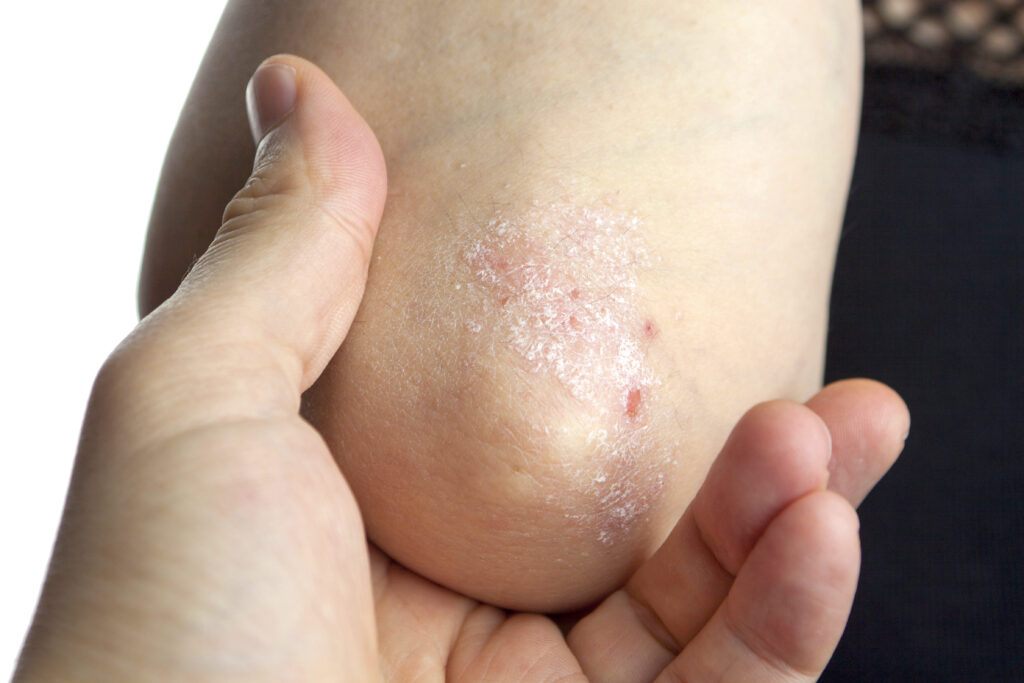
Health
Taking Care of Psoriasis Naturally: A Comprehensive Guide
May 17, 2024
Written by: Aharon levi

May 17, 2024
Written by: Aharon levi